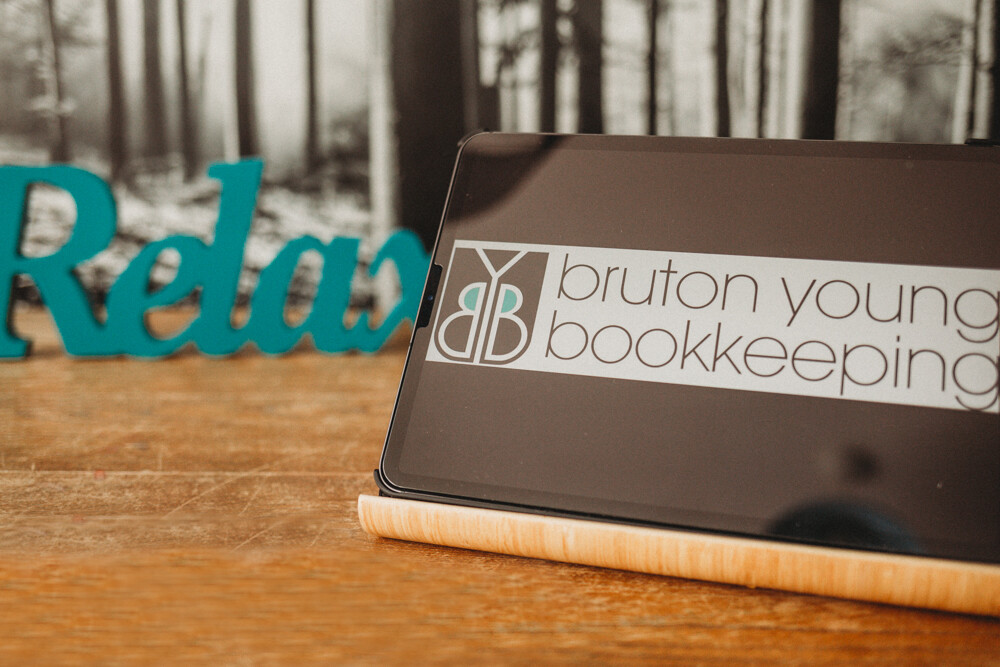Do you find it hard to manage your money? It can be even worse if you run you are a small business owner, a freelancer or self-employed. It’s hard to step from being an employee into the role where you need to look after business finances and plan for the future but with these top tips you’ll be able to settle into that adjustment.
Keep Things Separate
It’s so easy to start your freelance life or set up an online business and simply use the bank account you’ve always had. The bank account you’ve always had though, is a personal account. That’s for your own money, not the business cash. The sooner you see that and implement this, the better. You’ll be able to look at one set of paperwork and know exactly what’s been spent and earned for your business. Of course, you’ll be taking a wage out of that money but you’ll be able to account for that too. The sooner you contact the bank and set this up, the easier it will be in the long run.
An Extra Account
Whilst you might have thought setting up on new bank account was hard work, I advise you to set up another one. A savings one for your business taxes. With every invoice payment you receive, a percentage of that should be nestled away into your savings account for your end of the year tax return. If you don’t do this, you’ll see yourself in a better financial situation than you actually are because you’re not taking into account these mandatory tax payments. When you get to the end of the year you’ll struggle to find the money you owe, but if you do this weekly, or every time you get paid, you’ll be able to easily settle your taxes. Setting up a new account is made very easy with the rise of app based banks such as Starling and Tide.
Get Paid On Time
There’s nothing worse than spending time that you could spend doing something else, chasing invoice payments. If you set the idea that you need to be paid on time from the very first invoice, you’re likely to maintain this. Once you start letting clients get away with paying late, they’ll start to take liberties. It’s much to ask to be paid on time, or at least keep in contact with you if an invoice is going to be paid slightly late. The worst thing is when they ‘ghost’ you and don’t answer the phone or reply to emails. You could offer a percentage discount if the invoice is paid within 7 days. Clients will love saving money and you don’t have to offer a massive discount in order to get clients to push through payments quicker. Ask yourself would you rather get £98 within 7 days or be chasing £100 after 30 days?
Know Your Finances
Get to know your cash. Work with your bookkeeper to see what is going out of your accounts and what is coming in. Once you’ve put this into place, you’ll be able to see what your good months are, what you maybe should have done differently and learn important business lessons too. When you look at what the business is making you invest in different areas to improve customer service, develop new product ranges or maybe start to plan the potential growth of the business. You need to know your finances inside out and trust in your bookkeeper.
When you start to manage your money and get a handle on your finances, the sky is the limit. Fail to do this though and you’ll quickly become one of the many businesses that shut up shop within the 18 months of trading. With a bit of planning and preparing of your accounts, you’ll go from surviving to thriving.


